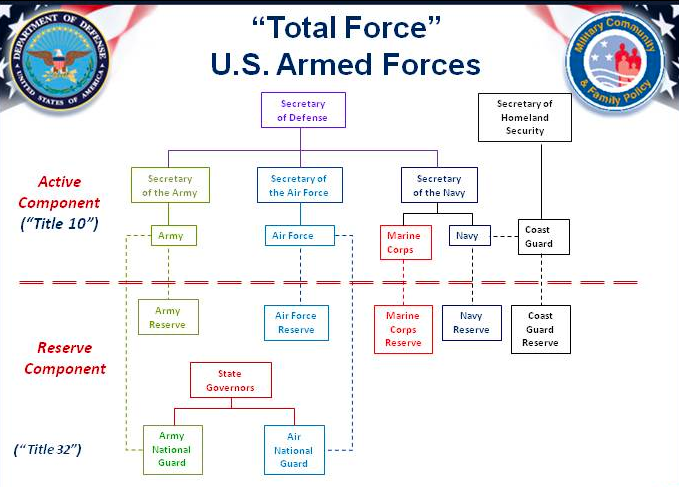
The purpose of this collection is to:
- Examine the prevalence of Traumatic Brain Injury (TBI), and Post Traumatic Stress Disorder (PTSD) (including relevant references to Military Sexual Trauma (MST)) among veterans returning from the wars in Iraq and Afghanistan1;
- Examine the implications for the domestic and sexual violence fields of veterans returning with co-occurring issues (PTSD, TBI, MST);
- Provide information related to best practices when addressing these co-occurring issues through a multi-systems approach;
- Explore some of the challenges experienced by female service members and veterans through the lens of violence against women; and
- Increase awareness about organizations that are currently working to address TBI, PTSD, MST and domestic violence (DV).
A brief glossary of terms has been included for your reference and to assist with understanding the information discussed here. This special collection is intended to expand on the previous collection Traumatic Brain Injury and Domestic Violence: Understanding the Intersections published by the NRCDV in March 2010. As you read through this collection of resources and materials, please refer to the chart below, "Total Force" U.S. Armed Forces for an understanding of how the U.S. military is organized.

This resource was developed by the National Resource Center on Domestic Violence. Special thanks to the National Center on Domestic and Sexual Violence, the Battered Women's Justice Project, the Service Women's Action Network, the VA Center for Health Equity and Promotion, and the Family Advocacy Program, Office of the Deputy Assistant Secretary of Defense for their contributions.
1. The wars in Iraq and Afghanistan are also known as Operation Iraqi Freedom (OIF) and Operation Enduring Freedom (OEF) respectively.









